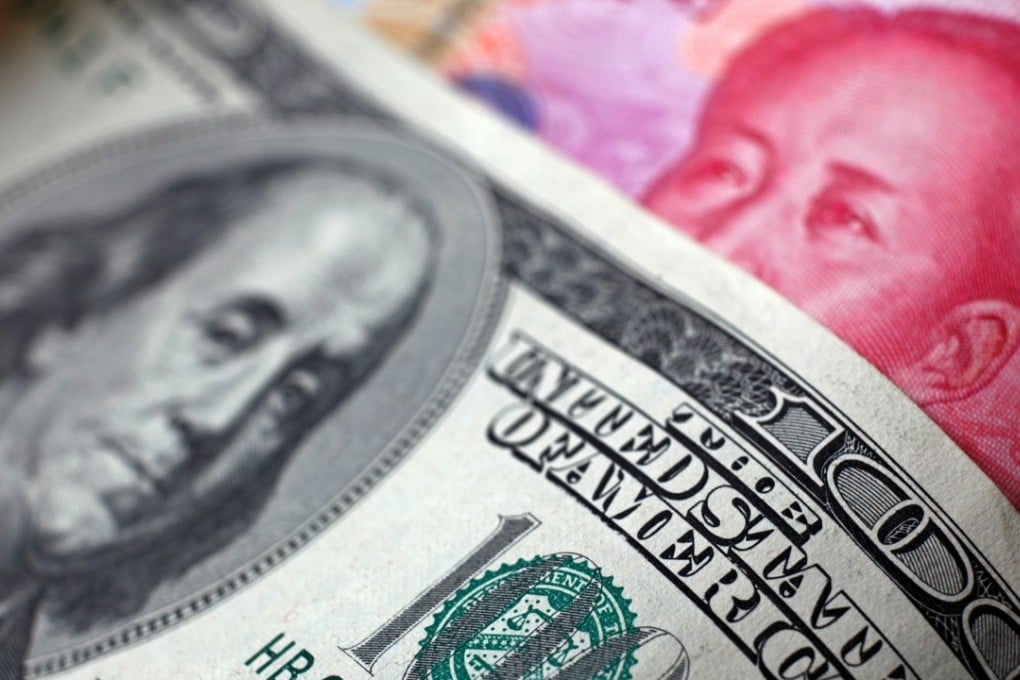China stems capital outflow after 22 months of bleeding money
Authorities in Beijing succeed in halting exodus of cash following near two-year battle

China’s capital outflow finally stopped in September after a 22-month flight – a result that will increase Beijing’s confidence in handling turbulence should a hawkish US Federal Reserve raise interest rates.
The People’s Bank of China bought a net 850 million yuan (US$128 million) of foreign exchange in September, marking the first net increase since October 2015.
The figures marked victory for Beijing in battling capital exodus partly through enhanced capital account controls.
In over-the-counter foreign exchange transactions between banks and their clients, companies and individuals sold more to banks in China than they bought from the banks last month, according to data released by China’s State Administration of Foreign Exchange on Thursday.
The shift also reflected in an eight-month rise in China’s foreign exchange reserves.